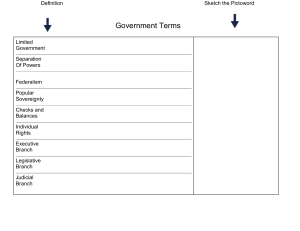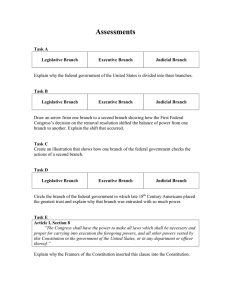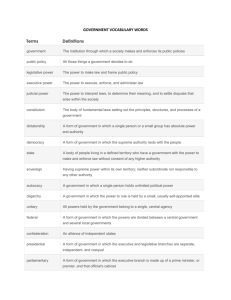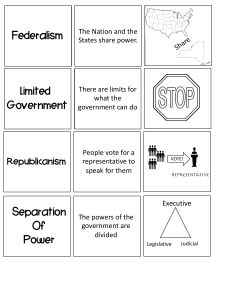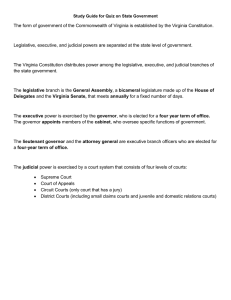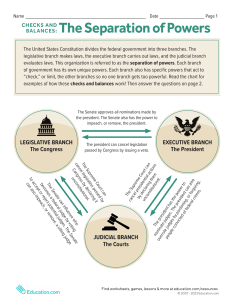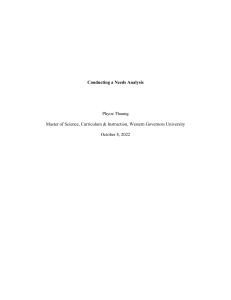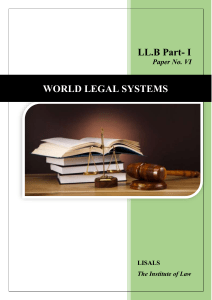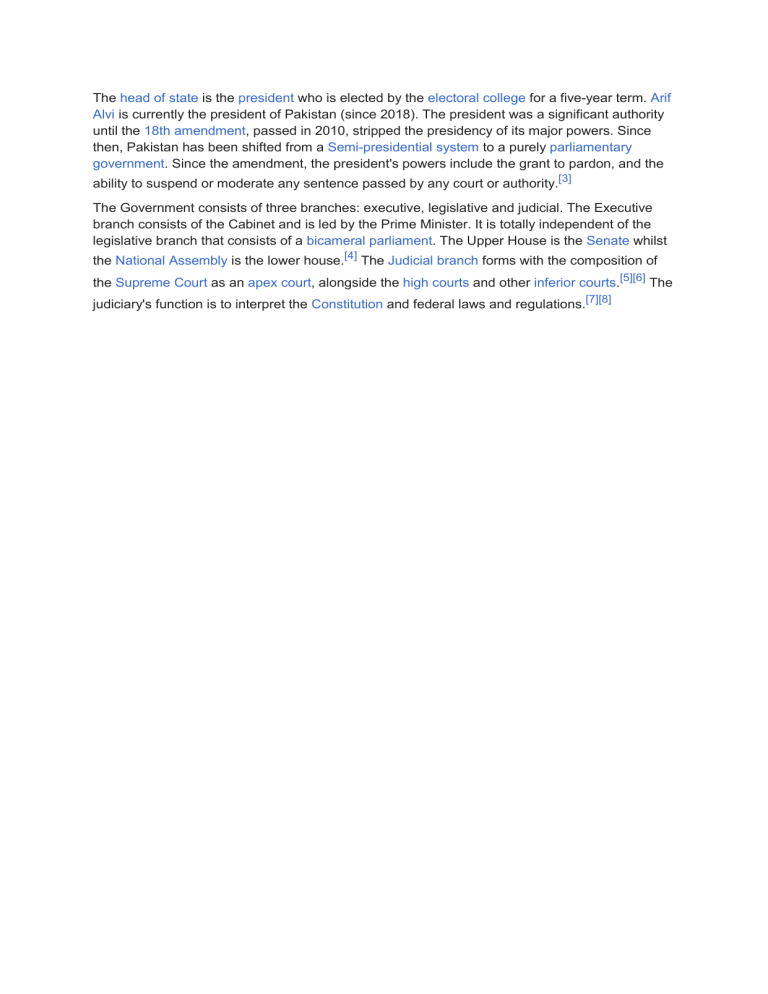
The head of state is the president who is elected by the electoral college for a five-year term. Arif Alvi is currently the president of Pakistan (since 2018). The president was a significant authority until the 18th amendment, passed in 2010, stripped the presidency of its major powers. Since then, Pakistan has been shifted from a Semi-presidential system to a purely parliamentary government. Since the amendment, the president's powers include the grant to pardon, and the ability to suspend or moderate any sentence passed by any court or authority.[3] The Government consists of three branches: executive, legislative and judicial. The Executive branch consists of the Cabinet and is led by the Prime Minister. It is totally independent of the legislative branch that consists of a bicameral parliament. The Upper House is the Senate whilst the National Assembly is the lower house.[4] The Judicial branch forms with the composition of the Supreme Court as an apex court, alongside the high courts and other inferior courts.[5][6] The judiciary's function is to interpret the Constitution and federal laws and regulations.[7][8]

